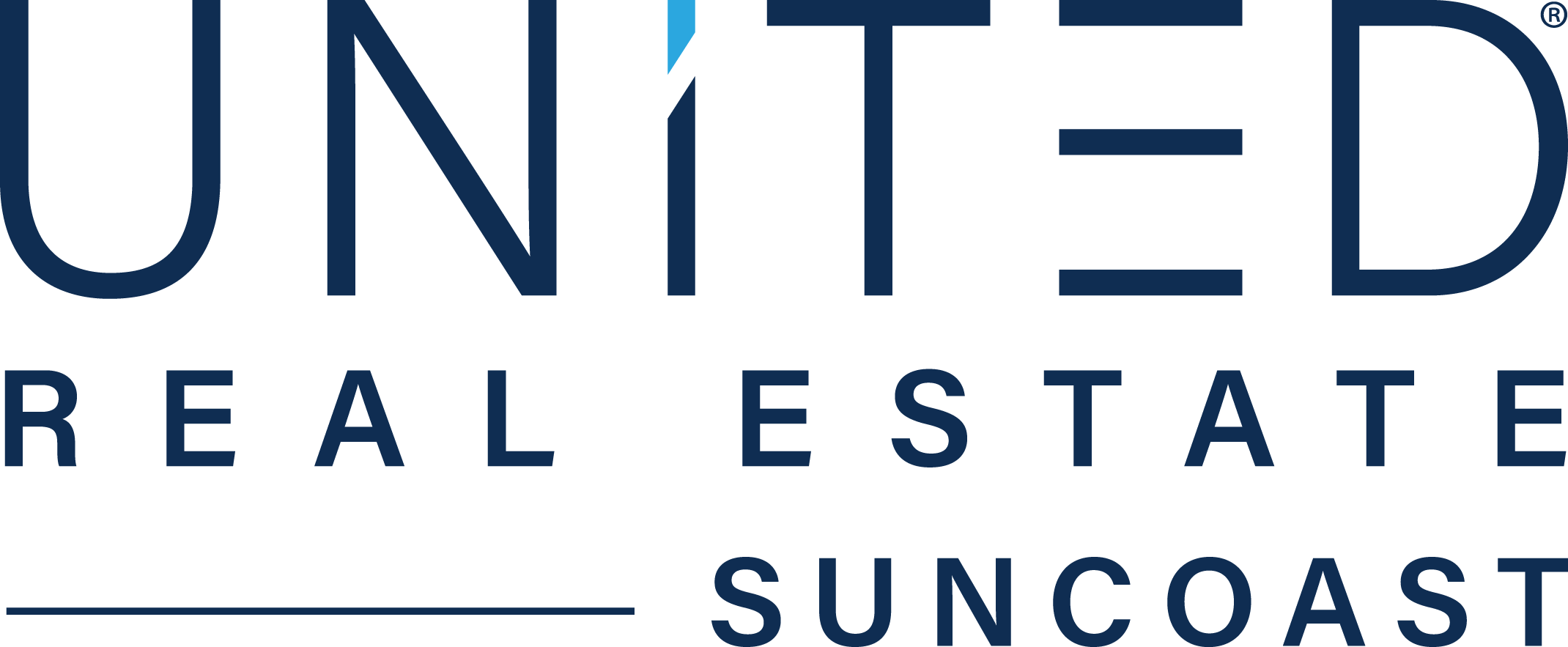NEW YORK – Strictly speaking, you don’t need a credit score to buy a house. If you’re paying cash, for example, no one necessarily cares whether you have good credit. However, if – like most aspiring American homeowners – you’ll need financing, then your credit score is crucial.
Your credit score is one of the most important factors lenders consider when you apply for a mortgage. Not just to qualify for the loan itself, but for the conditions: Typically, the higher your score, the lower the interest rates and better terms you’ll qualify for.
So, what is a good score if you want to buy a house? It depends on the type of mortgage you’re seeking: Many loans vary when it comes to the credit score needed to qualify. Generally speaking, you’ll likely need a score of at least 620 – what’s classified as a “fair” rating – to qualify with most lenders. With a Federal Housing Administration (FHA) loan, though, you might be able to get approved with a score as low as 500.
Why it matters to lenders
Your credit score helps lenders determine your ability to repay the mortgage – and, subsequently, their risk in extending you the loan. The higher your score, the less risk you present.
Another number that mortgage lenders examine carefully is your debt-to-income ratio (DTI), or your percentage of monthly debt obligations relative to how much income you bring in. To illustrate, if you earn $4,000 per month and have $1,250 in credit card bills, loan payments, housing costs and other debts, your DTI ratio would be 31%. The ideal ratio is typically less than 36%, though some lenders will accept more with a higher down payment.
Credit score needed by mortgage type
There’s no single, specific credit score that will automatically qualify you for a mortgage (though having the maximum score of 850 certainly never hurts). However, while lenders might not set precise qualifying numbers, they do have minimum credit score requirements.
The minimum credit score to be eligible for a mortgage depends on both the lender and the type of loan.
Conventional loans: Conventional loans are mortgages that aren’t offered or backed by a U.S. government agency; they’re offered by commercial banks and savings-and-loan associations. Generally, the higher your credit score, the more likely you’ll qualify for a mortgage loan with these lenders. Many will accept a credit score as low as 620, but they may have other requirements for those borrowers, such as a higher income or a larger down payment.
FHA loans: The Federal Housing Administration insures loans geared toward borrowers with lower credit scores and down payments, especially first-time homebuyers. You might qualify for an FHA loan with a credit score of 500 to 579, with a 10% down payment, or with a 3.5% payment if your score is 580 or higher.
USDA loans: The U.S. Department of Agriculture guarantees this loan program for low- to moderate-income borrowers purchasing a home in a qualifying rural area. Borrowers generally need a minimum score of 640 to qualify for a USDA loan. In some cases, USDA lenders may consider a lower score with additional analysis of a borrower’s credit.
VA loans: Guaranteed by the U.S. Department of Veterans Affairs, VA loans are offered to active and veteran military personnel and their families. The government doesn’t have a minimum credit score requirement to qualify for VA loans, though many lenders – who actually extend the financing – require a minimum score of 620.
Jumbo loans: Jumbo loans are larger-than-normal-size mortgages that exceed the conforming loan limits established by Freddie Mac and Fannie Mae – $766,550 in most markets, as of 2024. Many jumbo lenders require a credit score of 700 or higher to qualify because of the increased risk that comes with borrowing such a large amount.
What is a good credit score?
When considering the best credit score to buy a house, many lenders use the FICO model. It grades consumers on a 300-to-850-point range, with a higher score indicating less risk to the lender. FICO scores range as follows:
800 or higher: Exceptional
740-799: Very good
670-739: Good
580-669: Fair
579 or lower: Poor
How it affects your mortgage rate
Although it’s up to specific lenders to determine what score borrowers need to receive the lowest mortgage interest rates, a difference of just a few points on your credit score can sometimes affect your monthly payments substantially. For example, on a $300,000 mortgage, the difference in principal and interest payments between a 7% interest rate and a 6.5% rate is $99 per month. That comes out to more than $35,000 over the course of a 30-year mortgage term.
“A low credit score can make it less likely that you would qualify for the most affordable rates and could even lead to rejection of your mortgage application,” says Bruce McClary, senior VP of communications for the National Foundation for Credit Counseling. “It’s still possible to be approved with a low credit score, but you may have to add a co-signer or reduce the overall amount you plan to borrow.”
A co-signer would be responsible for the debt, so it’s not always easy to get someone to agree. Plus, if you miss payments, it could damage your co-signer’s credit – and your relationship with them.
How to improve it
Before you look at houses, it’s smart to check your credit score and pull your credit reports from the major credit agencies. Addressing credit issues early on can help you raise your score before you apply for a mortgage.
If your credit score isn’t great, there are still options. Instead of settling for the mortgage rates you currently qualify for, consider postponing homeownership and working to boost your credit score and improve your options. Here are some quick tips to help:
1. Check your credit report and correct any errors
Before applying for a mortgage, request a copy of your credit reports from the three major credit agencies: Experian, Equifax and TransUnion. You can access your credit reports from each bureau for free once per year. If you find inaccurate or missing information, file a dispute with the credit reporting agency and the creditor. Clearly identify each item you’re disputing and be sure to include supporting documents.
2. Pay down credit card balances
Your credit utilization ratio is the amount of debt you have compared with your available credit. To calculate this, divide the amount of debt into the amount of available credit. If you have $10,000 in debt and $20,000 in available credit, for instance, your credit utilization ratio is 50%. Lenders like to see credit utilization of 30% or less.
3. Pay all bills on time
Your payment history accounts for 35% of your credit score. While late payments stay on your credit report for seven years, their impact on your score diminishes over time.
4. Don’t close older credit lines after paying them off
Closing unused accounts sounds like a good idea, but it may raise your credit utilization ratio and cause your credit score to drop.
5. Don’t open any new lines of credit or take out large loans
Generally, the less debt you have, the better off you are when you apply for a mortgage. FICO recommends not opening new credit accounts to increase your credit utilization ratio, because each credit request can lower your score slightly. Once your credit has improved, it’s fine to rate-shop, but keep it within a 30-day window – spreading out the rate inquiries can hurt your score. You can also use Bankrate’s mortgage calculator to estimate your monthly mortgage payments.
FAQs
Can I get a mortgage with a low credit score? Maybe — it is possible to get a mortgage with a low credit score, but it’s more challenging. For example, FHA loans might allow a score as low as 500 but will require a much higher down payment in exchange. When seeking a mortgage with a low credit score, you’ll likely pay higher interest rates and higher monthly payments. Lenders may also be more stringent about other aspects of your finances, too, such as your DTI ratio.
Will I get a better deal on a mortgage with a higher credit score? Probably. Credit score is certainly not the only factor at play when lenders look at mortgage applications, but generally, a higher score will allow you to secure a lower mortgage rate. Typically, conventional lenders want to see a score of at least 620.
© Copyright 2024 TimesDaily, Tennessee Valley Media Inc. – all rights reserved. Restricted use only.


